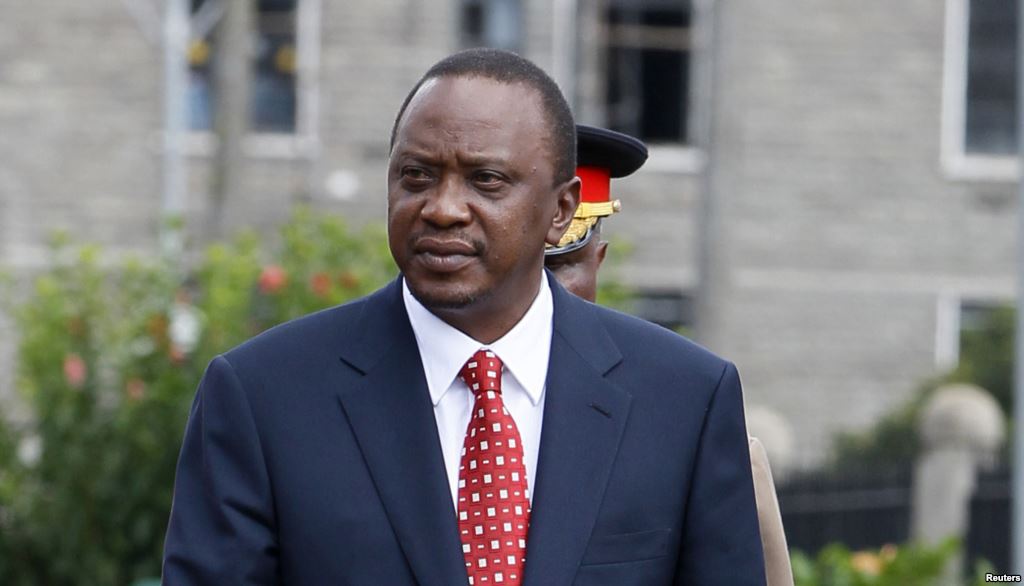Just weeks after the International Criminal Court dropped all charges for crimes-against-humanity against Kenya's President Uhuru Kenyatta, he signed a new national security law that quickly brings his previous charges to mind. Those charges included murder, rape, persecution, deportation, and other inhumane acts as an "indirect perpetrator" in the violence following Kenya's 2007 elections.
The new national security law was signed today over the objections of human rights groups. This law will allow police to hold "terror suspects" for up to a year without trial. It also increases sentences for acts of terror and broadens the government's power to tap phones.
The law also addresses the press, saying that journalists could face several years of imprisonment if their reports "undermine investigations or security operations relating to terrorism" or if they publish pictures of victims without the police's permission. This infringes on the civil liberties and freedoms of the Kenyan people as guaranteed by Kenya's constitution and international human rights law. Kenya has ignored statements made by Western governments criticizing the law, though the country's opposition coalition has vowed to challenge the law.
In addition to the charges its president faced for crimes against humanity, Kenya has also been negatively in the news for the actions of its counterterrorism police. Coming merely days after the charges against Kenyatta were dropped, Kenyan police have admitted to assassinating nearly 500 terrorism suspects as part of an extrajudicial killing program. This program was allegedly supported by intelligence from Israel and the United Kingdom. Officers from the Anti-Terrorism Police Unit have said that police assassinated these terrorist suspects on government orders. One officer claimed to have killed over 50 people since he was employed. The officers have found that Kenya's weak judicial system fails to produce enough evidence to prosecute suspects, so assassination is the only option. These claims have been denied by Kenyatta and the spokesman for the National Police has refused to comment. Israel and the UK have denied providing intelligence, equipment, and training to Kenyan officers on how to eliminate suspects.
The claims of assassinations have some evidential founding, as well as those of third-party involvement, despite the denial of all parties supposedly involved. It seems apparent that Kenya, at least, is willing to continue pursuing less legal routes in an attempt to combat its terrorism problem. The new law confirms this, assassination program aside. How effective this strategy will be in tackling Al-Shabab remains to be seen.


1 comment:
I am very interested in the articles that you serve. Provide enough knowledge for me. Explore photo and video images on Instagram, latest posts and popular posts about Pikdo.
Post a Comment